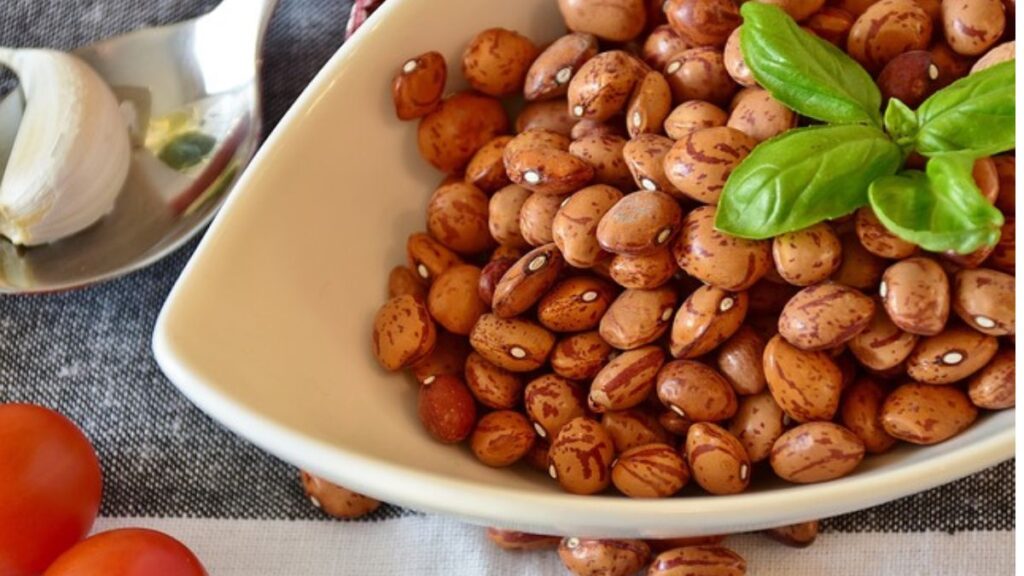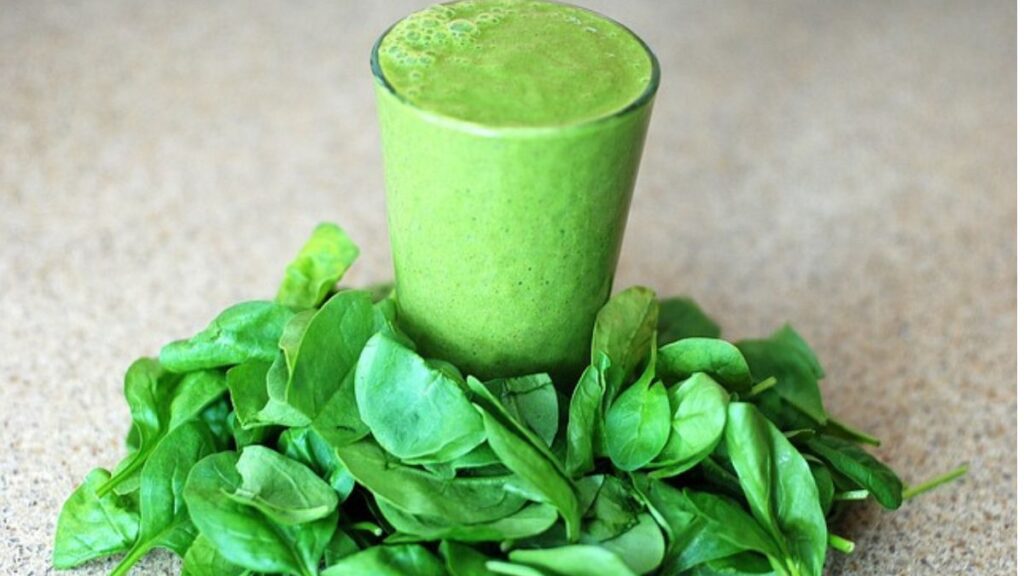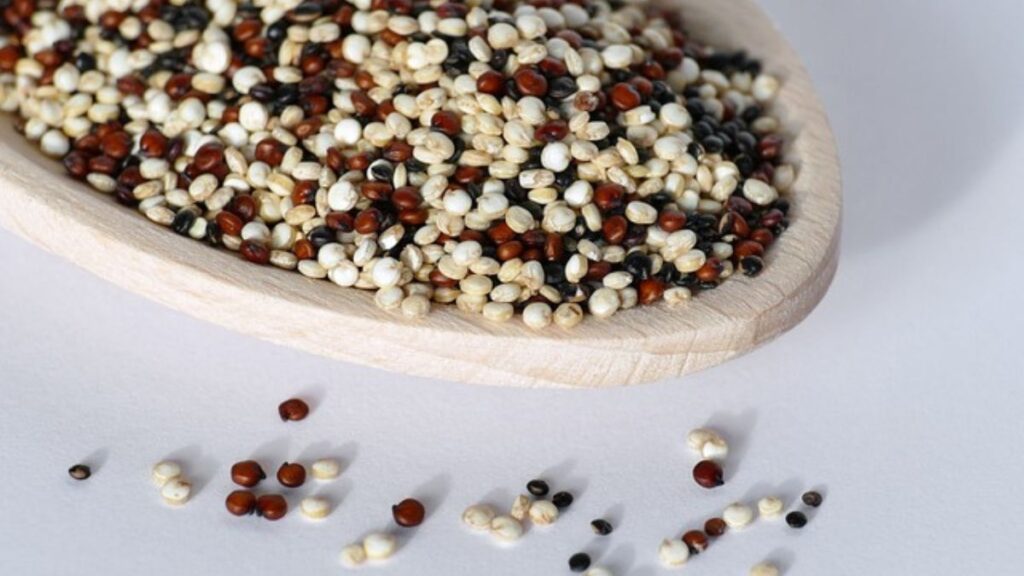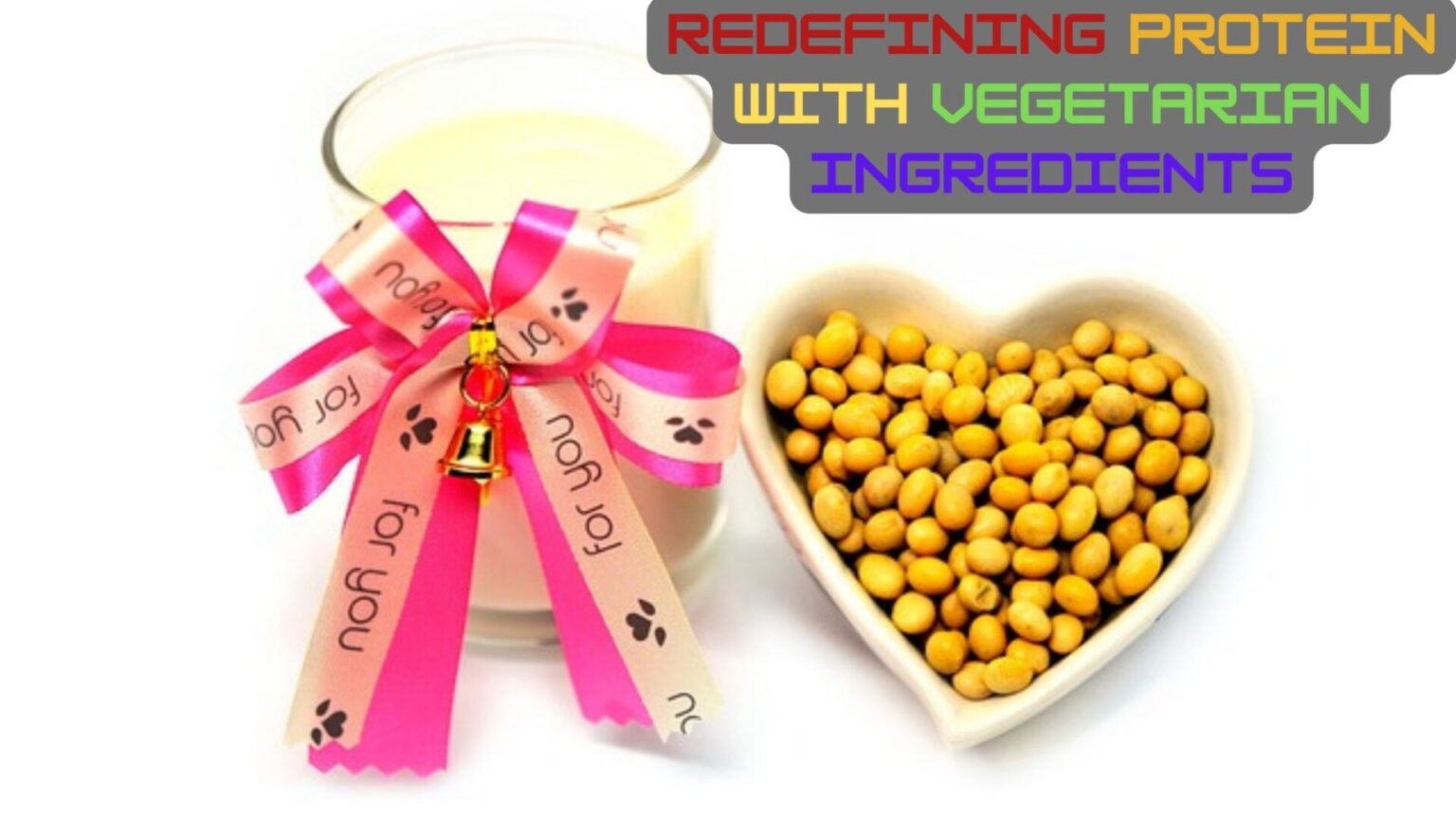Introduction:-
Smoothie Revolution: Redefining Protein with Vegetarian Ingredients

In recent years, the concept of protein smoothies has undergone a significant evolution. No longer confined to whey or dairy-based powders, smoothie enthusiasts are now turning to the vibrant world of vegetarian ingredients to create protein-packed concoctions that are not only delicious but also incredibly nutritious. This smoothie revolution is redefining the way we view protein intake, offering a diverse range of options for those seeking plant-based alternatives.
Embracing Plant Power
One of the primary motivations behind the shift towards vegetarian protein smoothies is the growing awareness of the environmental and ethical implications of animal agriculture. By choosing plant-based ingredients, individuals can significantly reduce their carbon footprint while also supporting sustainable farming practices.
The Protein Paradigm Shift
Contrary to common misconceptions, there is an abundance of plant-based foods that are rich in protein. Ingredients such as tofu, tempeh, chickpeas, lentils, hemp seeds, chia seeds, and spirulina are excellent sources of protein and can easily be incorporated into smoothie recipes. Not only do these ingredients provide the necessary amino acids for muscle repair and growth, but they also offer additional health benefits such as fiber, vitamins, and minerals.
“What are some creative recipes for Protein with Vegetarian Ingredients?”

- Peanut Butter Banana Powerhouse
- Ingredients:
- 1 ripe banana
- 2 tablespoons peanut butter
- 1 scoop of vanilla or chocolate protein powder (plant-based)
- 1 tablespoon flaxseed or chia seeds
- 1 cup unsweetened almond milk or your preferred milk alternative
- Handful of spinach (optional for added nutrients)
- Ingredients:
- Tropical Turmeric Twist
- Ingredients:
- 1/2 cup frozen pineapple chunks
- 1/2 cup frozen mango chunks
- 1/2 teaspoon ground turmeric
- 1 scoop of protein powder (pea protein works well)
- 1 tablespoon hemp seeds
- 1 cup coconut water or unsweetened coconut milk
- Ingredients:
- Green Goddess Protein Smoothie
- Ingredients:
- 1/2 ripe avocado
- 1/2 cup cucumber chunks
- 1/2 cup frozen pineapple or green apple
- 1 scoop of vanilla protein powder (plant-based)
- Handful of spinach or kale
- 1 tablespoon chia seeds
- 1 cup coconut water or unsweetened almond milk
- Ingredients:
- Chocolate Cherry Almond Bliss
- Ingredients:
- 1/2 cup frozen cherries
- 2 tablespoons almond butter
- 1 scoop of chocolate protein powder (plant-based)
- 1 tablespoon cocoa powder
- 1 tablespoon flaxseed
- 1 cup unsweetened almond milk
- Ingredients:
- Berry Beet Blast
- Ingredients:
- 1/2 cup frozen mixed berries (strawberries, blueberries, raspberries)
- 1/2 small cooked beet (steamed or roasted)
- 1/2 cup plain Greek yogurt or coconut yogurt
- 1 scoop of protein powder (vanilla or berry-flavored)
- 1 tablespoon hemp seeds
- 1 cup water or unsweetened almond milk
- Ingredients:
- Matcha Madness
- Ingredients:
- 1 teaspoon matcha powder
- 1/2 ripe banana
- 1/2 cup silken tofu
- 1 scoop of vanilla protein powder (plant-based)
- 1 tablespoon honey or maple syrup (optional)
- 1 cup unsweetened almond milk or coconut milk
- Ingredients:
Feel free to customize these recipes based on your taste preferences and dietary needs. These smoothies are not only delicious but also packed with plant-based protein to keep you energized and satisfied throughout the day. Enjoy experimenting with different ingredients and flavors to create your perfect vegetarian protein smoothie!
The Future of Smoothies
As the demand for vegetarian protein options continues to rise, we can expect to see even more innovative ingredients and recipes enter the smoothie scene. From adaptogenic herbs to ancient grains, the possibilities are endless when it comes to crafting nutrient-rich beverages that nourish both body and soul.
“What are the benefits of using hemp seeds or chia seeds in vegetarian protein smoothies?”

- Nutrient Powerhouses: Hemp seeds and chia seeds are packed with essential nutrients like protein, fiber, healthy fats, vitamins, and minerals, which can contribute to overall health and well-being.
- Complete Protein: Both hemp seeds and chia seeds are considered complete proteins, meaning they contain all nine essential amino acids that the body cannot produce on its own. Incorporating these seeds into your smoothies ensures you’re getting a well-rounded protein source.
- Plant-Based Omega-3 Fatty Acids: Hemp seeds and chia seeds are rich sources of omega-3 fatty acids, particularly alpha-linolenic acid (ALA). These healthy fats are known for their anti-inflammatory properties and are beneficial for heart health and brain function.
- Digestive Health: The high fiber content in hemp seeds and chia seeds can promote digestive health by supporting regular bowel movements and feeding beneficial gut bacteria.
- Satiety and Weight Management: The combination of protein, healthy fats, and fiber in hemp seeds and chia seeds can help keep you feeling full and satisfied, potentially reducing overall calorie intake and supporting weight management goals.
- Energy Boost: The nutrient-dense profile of hemp seeds and chia seeds provides a natural energy boost, making them excellent additions to pre- or post-workout smoothies to fuel your body and aid in recovery.
- Versatility: Hemp seeds and chia seeds have a mild, nutty flavor that blends well with a variety of smoothie ingredients. They can add texture and thickness to your smoothies while enhancing the overall taste and nutritional value.
- Blood Sugar Regulation: The combination of protein, fiber, and healthy fats in hemp seeds and chia seeds can help stabilize blood sugar levels, making them suitable additions to smoothies for individuals with diabetes or those looking to manage their blood sugar levels.
Incorporating hemp seeds and chia seeds into your vegetarian protein smoothies not only enhances their nutritional content but also adds a delicious and satisfying element to your daily routine.
“Are vegetarian protein smoothies good for weight loss?”
Yes, vegetarian protein smoothies can be beneficial for weight loss when incorporated into a balanced diet and healthy lifestyle. Here’s why:
- Satiety: Protein is known for its ability to increase feelings of fullness and satiety, which can help prevent overeating and snacking between meals. Vegetarian protein sources such as tofu, legumes, nuts, and seeds, when blended into smoothies, provide a satisfying and filling meal option.
- Muscle Preservation: Protein is essential for preserving lean muscle mass, especially during weight loss. By consuming protein-rich smoothies, you can support muscle maintenance and prevent muscle loss while reducing overall calorie intake.
- Nutrient Density: Vegetarian protein smoothies can be packed with nutrients such as vitamins, minerals, fiber, and antioxidants, especially when incorporating ingredients like leafy greens, fruits, and superfoods. These nutrients support overall health and well-being while promoting weight loss.
- Balanced Macronutrients: To optimize weight loss, it’s essential to consume meals that provide a balance of macronutrients, including protein, carbohydrates, and fats. Vegetarian protein smoothies allow for easy customization to meet your specific nutritional needs and preferences.
- Convenience and Portability: Smoothies are convenient and portable, making them an ideal option for busy individuals looking to maintain a healthy diet while on the go. They can serve as a quick and nutritious meal or snack replacement, helping to prevent unhealthy food choices.
- Controlled Calorie Intake: When preparing vegetarian protein smoothies at home, you have control over the ingredients and portion sizes, allowing you to create low-calorie options that align with your weight loss goals.
It’s important to note that while vegetarian protein smoothies can support weight loss, they should be part of a comprehensive approach that includes regular physical activity, adequate hydration, sufficient sleep, and overall healthy eating habits. Additionally, it’s advisable to consult with a healthcare professional or registered dietitian to develop a personalized weight loss plan that meets your individual needs and goals.
In conclusion,
The smoothie revolution is not just about blending fruits and vegetables—it’s about redefining our relationship with protein and embracing the power of plants. By incorporating vegetarian ingredients into your smoothie routine, you can fuel your body with the nutrients it needs to thrive while enjoying delicious and satisfying flavors. So why wait? Join the revolution today and raise a glass to a healthier, more sustainable future, one smoothie at a time.
Frequently Asked Questions (FAQs)
Q: Can vegetarian protein smoothies provide enough protein for muscle building and recovery?
A: Yes, absolutely. Many plant-based ingredients used in vegetarian protein smoothies, such as tofu, hemp seeds, and pea protein powder, are rich sources of protein and contain all the essential amino acids needed for muscle repair and growth.
Q: Are there any potential allergens in vegetarian protein smoothies?
A: While most vegetarian protein sources are allergen-friendly, it’s essential to be mindful of common allergens such as nuts and soy. Always check the ingredient list and consider any dietary restrictions or allergies before preparing your smoothie.
Q: Can I replace meals with vegetarian protein smoothies?
A: While smoothies can be a convenient meal option, it’s essential to ensure that your smoothie contains a balanced mix of nutrients, including protein, carbohydrates, healthy fats, and fiber. Adding ingredients like oats, nut butter, and leafy greens can help make your smoothie more filling and nutritious.
Q: Are there any specific vegetarian protein sources that are best for smoothies?
A: There are numerous vegetarian protein sources that work well in smoothies, including tofu, tempeh, chickpeas, lentils, hemp seeds, chia seeds, and various protein powders (pea, hemp, rice). Experiment with different ingredients to find the flavors and textures you enjoy the most.
References:
- Drewnowski, A., & Gomez-Carneros, C. (2000). Bitter taste, phytonutrients, and the consumer: a review. The American Journal of Clinical Nutrition, 72(6), 1424-1435.
- Haider, L. M., & Schwingshackl, L. (2020). Impact of vegetarian diets on the human gut microbiota and its association with non-communicable diseases. Nutrients, 12(1), 17.
- Kim, H., Caulfield, L. E., & Garcia-Larsen, V. (2019). Plant-based diets and incident metabolic syndrome: Results from a South Korean prospective cohort study. PloS One, 14(5), e0217098.
- Mariotti, F. (2018). Plant protein, animal protein, and protein quality. The Proceedings of the Nutrition Society, 77(1), 12-24.
- Rogerson, D. (2017). Vegan diets: practical advice for athletes and exercisers. Journal of the International Society of Sports Nutrition, 14(1), 36.
These references provide scientific insights into the benefits of vegetarian diets, including their impact on health, the environment, and athletic performance. They serve as valuable resources for understanding the rationale behind incorporating vegetarian protein sources into smoothies.






